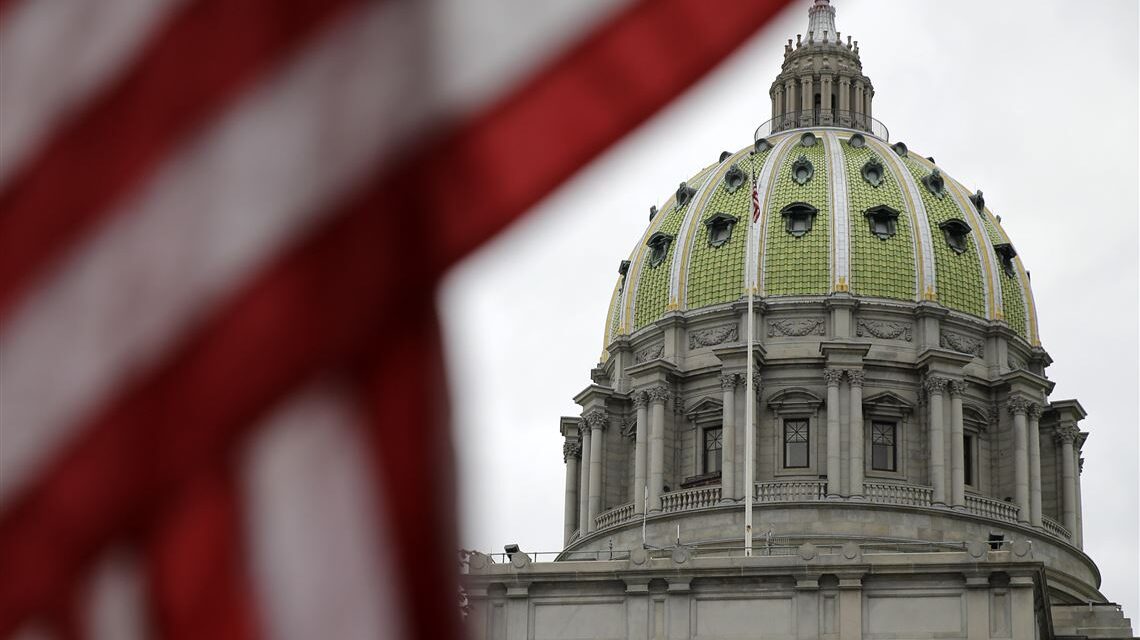Lawmakers are continuing to negotiate the late budget, but funds are running out.
In Harrisburg, state budget negotiations are continuing in a drawn-out, contentious process that has left the Commonwealth without a budget.
The budget was due to be completed by June 30th. Lawmakers in Harrisburg are debating over funding for mass transit, skill game regulation, public education, and more.
Schools and counties across the Commonwealth are struggling to obtain additional funding to operate during the start of the school year without anticipated state funding.
In Philadelphia and the surrounding region, SEPTA is one month away from severe service cuts and fare increases to continue serving the population.
“I wish it didn’t take this long. I’m frustrated by how long it takes,” Governor Josh Shapiro said of the budget being negotiated in the state’s divided legislature.
State budget negotiations typically involve closed-door discussions between the governor, House Majority Leader Matt Bradford, and Senate Majority Leader Joe Pittman.
Both chambers in the legislature will call back their members for a vote when a deal is reached. As of now, no session days are scheduled before September.
In a recent interview, Senator Pittman said talks are “certainly taking more time than I would like.”
The leaders still have “a ways to go” in finding an agreement, and they are “working to figure out how to bring a degree of support” to mass transit and infrastructure, according to Pittman.
“We’re moving along. I would prefer that we be moving along at a faster pace than what is occurring, but nevertheless, we are continuing to move forward,” he said.
Pittman continued, “There’s a pace to this. I really attribute it to the degree of large issues that are at the table. There are not as many issues as there usually are, but the issues that do exist are quite significant.”
Governor Shapiro said he remains hopeful that the leaders are “going to find that common ground.”
Governor Shapiro originally proposed a budget amounting to $51.5 billion during his February budget address. Should this budget be adopted, the Commonwealth would spend $5.5 billion more than it brings in during the next fiscal year.
In recent years, the state budget has arrived later than the June 30th deadline.
The budget being a few weeks late does not usually cause a significant impact, as agencies and other entities often have enough funds to continue operations during the delay.
This year, the delayed budget could cause problems for school districts and mass transit who are waiting for critical funding to continue operations.






